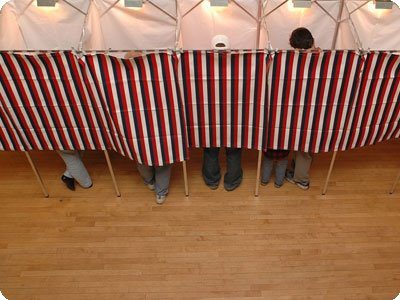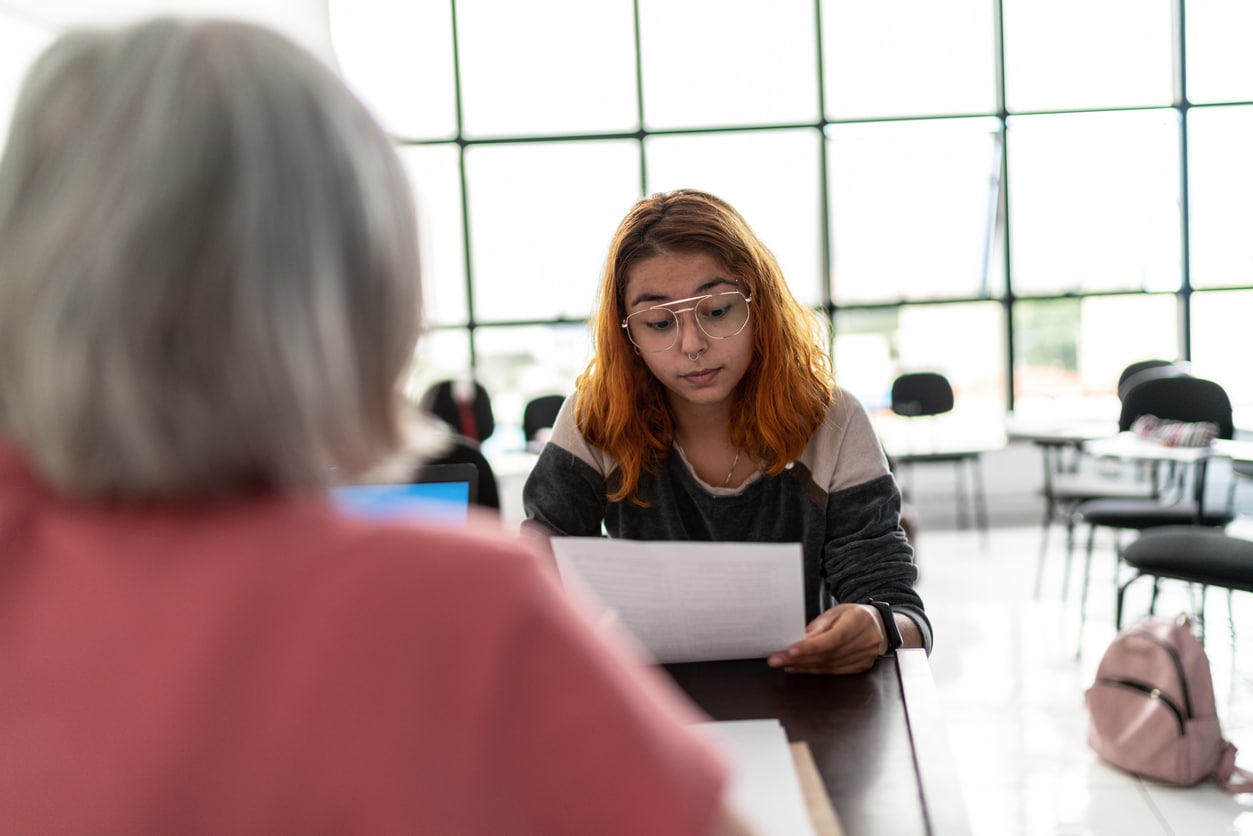The Obama campaign headquarters were bustling five days before the election and two high school journalism students I brought there to report for their school paper were enthralled. They came from Little Village Lawndale High School in a mostly immigrant neighborhood where many people typically feel disengaged from the electoral process.
Jose and Javier are cynical about politics like many young people but they feel like a real change is possible now, though they are afraid the election may be “rigged,” in Jose’s words.
They are among the many thousands of youth who feel like they are part of history and feel newly empowered, a feeling that hopefully isn’t tied just to one candidate and will last throughout their lives and ripple through their communities.
Meanwhile, in Chicago and a few other cities, teens too young to vote can participate in the election by serving as pollwatchers.
Chicago high school junior Stephen Gordon, 16, foresees a life in politics, starting with city council and maybe making it all the way to the White House. Tuesday he will get a head start by serving as one of almost 5,000 high school students serving as election judges in the Chicago area.
Normally, you can’t be an election judge until you are old enough to vote. But in a few states including Illinois and Maryland, state laws allow polling places to benefit from the strong backs, enthusiasm and computer skills of teen judges under 18.
In Chicago suburbs high school students now make up nearly a third of total election judges. A state law passed in 1999 enabled high school seniors to serve as judges with parental and school consent, even if they were under 18. A 2007 law expanded the program to high school juniors.
Minnesota has a program which allows youth under 18 to serve as trainee election judges assisting regular election judges. Youth are especially attractive as poll workers these days since they are generally more comfortable with computers than retirees, who traditionally make up the bulk of election judges. “We have the best of both worlds,” said Chicago Board of Elections spokesman Jim Allen. “A lot of judges 55 and older, up to 100, who know the neighborhood, know who lives in the precinct and know how to set up that polling place. But the young workers have the technology savvy to deal with
that equipment.”
Cook County Clerk David Orr, who advocated for the Illinois State Legislature enabling the program, said high school students’ energy and physical strength also come in handy.
“The equipment is fairly heavy, overall the young people are very helpful in that,” he said. “And as we get this new equipment, you need people who can easily handle computers, and no one is better at that then young people.”
Orr oversees a county-wide program that recruited 1,720 suburban students to be judges on Tuesday. In the city, the private Mikva Challenge organization works with local high schools to recruit and train young judges. The non-profit program, founded by former federal judge and Obama advisor Abner Mikva, recruited and trained 2,700 young judges for election day.
Mikva and many Chicago teachers see it as a hands-on civics lesson. “I think we’re more eager to help and eager to be in the process as opposed to adults who might be doing it for the money,” said Whitney Ash, 17, a Chicago student who served as a judge in the primaries and will work Tuesday.
“I wanted to get involved in any way possible. It’s just an exciting year for elections, that motivated me to really get out and not fall under the trends of apathetic youth.”






Comments